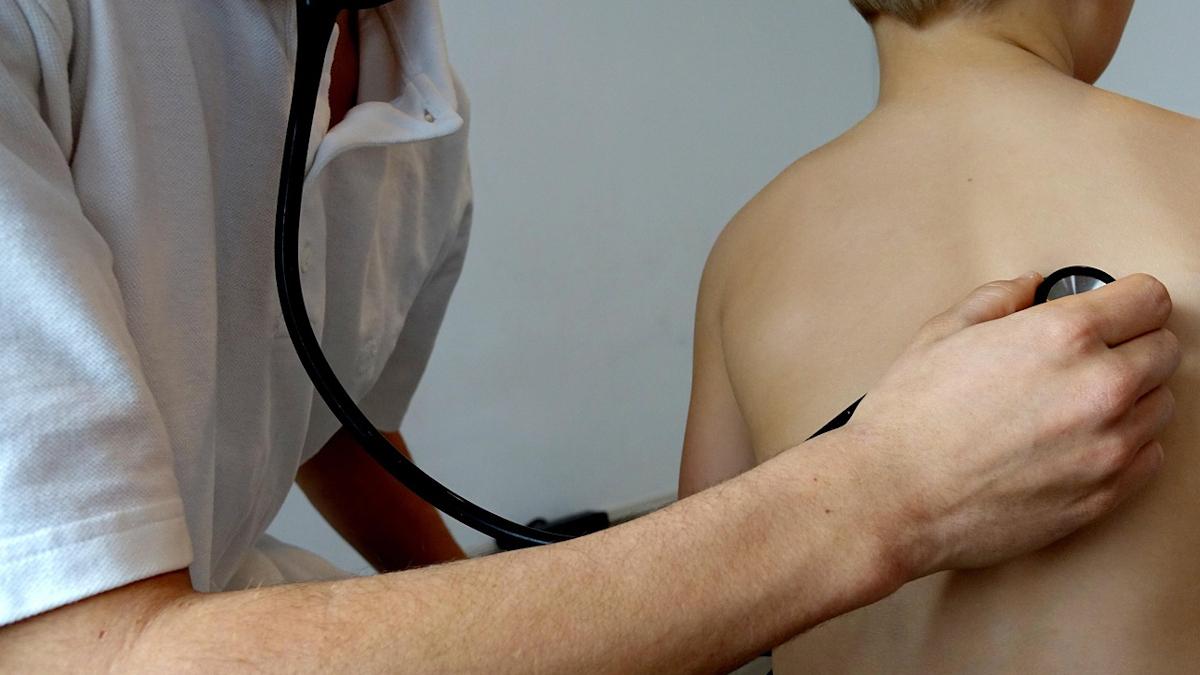Pathos AI's big $365m Series D, and other bio financings

In another signal of the appetite among investors for companies applying artificial intelligence to drug discovery, Pathos AI has gathered an impressive $365 million in fourth-round financing as it builds a foundation model for oncology.
The New York biotech said the cash injection has swelled its valuation to around $1.6 billion and will also help it to usher its drug candidates through clinical development.
It comes just a few months after Pathos AI raised $62 million in a Series C led by New Enterprise Associates, and shortly after it started collaborating with AstraZeneca and Tempus on its foundation model, which is being trained on massive datasets spanning everything from text and omics data to medical imaging.
The goal is to use the model to guide "clinical asset selection, clinical trial design, biomarker discovery, and therapeutic innovation across the oncology landscape," said the company, which recently started patient dosing in a phase 1b/2a trial of lead drug pocenbrodib, licensed from Novo Nordisk.
The CBP/p300 inhibitor is being developed for metastatic castration-resistant prostate cancer (mCRPC) as a monotherapy and in combination with other drugs, including hormonal therapy abiraterone acetate, AZ's PARP inhibitor Lynparza (olaparib), and Novartis' radioligand therapy Pluvicto (lutetium Lu 177 vipivotide tetraxetan).
Following after is P-500, a selective, brain-penetrant PRMT5 inhibitor for advanced solid tumours, including high-grade glioma and uveal melanoma, that Pathos AI acquired from Prelude Therapeutics in August 2024. It has completed phase 1 testing with a mid-stage trial planned.
The backers of its latest round were not identified.
Other recent funding rounds
A new cell and gene therapy (CGT) startup, Cambridge, Massachusetts-based Stylus Medicine, arrived on the scene this week with $85 million in financing that includes a $45 million Series A extension backed by founding investors RA Capital Management and Khosla Ventures along with Chugai Venture Fund, Eli Lilly and Company, and Johnson & Johnson Innovation – JJDC.
The three-year-old company, led by CGT veterans Emile Nuwaysir (formerly at Bluerock) and Jason Fontenot (ex-Sangamo), is focusing on a technology platform designed to precisely deliver genetic payloads – based on recombinases and lipid nanoparticles – and is starting out with a focus on CAR-T therapies that offer "safe and targeted in vivo delivery, specific integration, and durable expression of a therapeutic payload."
Swiss-American Haya Therapeutics – based in Lausanne and San Diego – made its debut with a $65 million first-round fundraising for its pipeline of RNA-guided therapies targeting the regulatory genome, with the aim of "reprogramming" a range of disease-driving cell states. Its first programme is HTX-001, a long non-coding RNA (lncRNA) targeting candidate with potential as a treatment for heart failure, and the new funding will be used to advance it into human testing.
The Series A was led by Sofinnova Partners and Earlybird Venture Capital, with participation from Eli Lilly, ATHOS, +ND Capital, Alexandria Venture Investments, LifeLink Ventures, Apollo Health Ventures, Longview Ventures, 4see ventures, BERNINA Bioinvest, and Schroders Capital.
Therini Bio tapped into new funding from investors to upsize its Series A by $39 million to $75 million, giving the South San Francisco biotech the resources needed to continue clinical development of lead drug THN391 for neurodegenerative diseases driven by vascular dysfunction, including Alzheimer's disease, and follow-up programmes for diabetic macular oedema.
THN391 has the potential to be a first-in-class antibody that can block fibrin-mediated neuroinflammation without affecting coagulation pathways, and recently completed a phase 1ba trial in healthy volunteers, with work underway on a phase 1b study. The Series A extension included new investors Angelini Ventures and Apollo Health Ventures, as well as existing backers SV Health Investors' Biotech Fund and Dementia Discovery Fund, MRL Ventures Fund, Sanofi Ventures, Eli Lilly, Dolby Family Ventures, and Foundation for a Better World.
Finally this week, Helsinki, Finland company TILT Biotherapeutics (Tiltbio) raised €22.6 million ($25.6 million) in a Series B that will be used to support the development of a pipeline of oncolytic adenoviruses armed with molecules, including cytokines that can activate T cells and destroy cancer cells. The cash injection is earmarked for a phase 2 trial of lead drug TILT-123 (igrelimogene litadenorepvec) in patients with platinum-resistant epithelial ovarian cancer, as well as phase 1b trials including one in melanoma.
The financing was supported by existing investors, namely the European Innovation Council (EIC) Fund, Lifeline Ventures, Finnish Industry Investment (TESI), and Stephen Industries Inc Oy.












